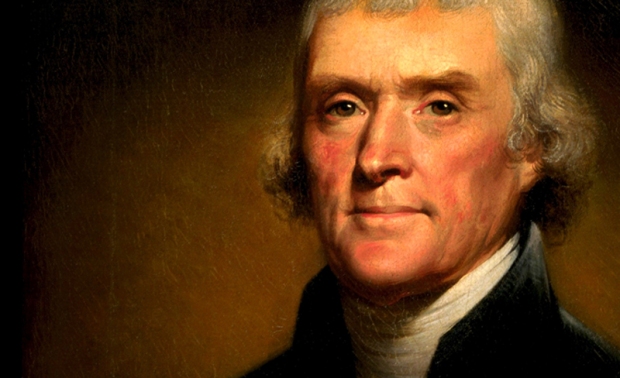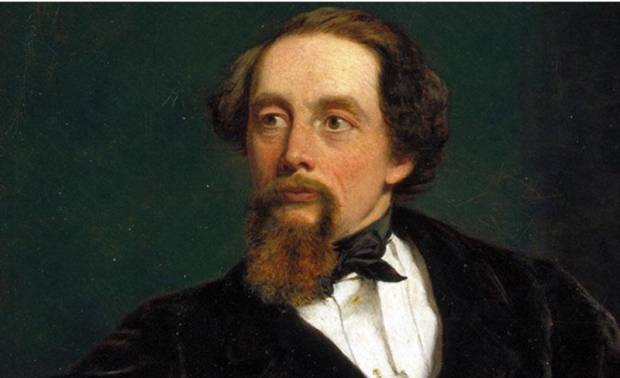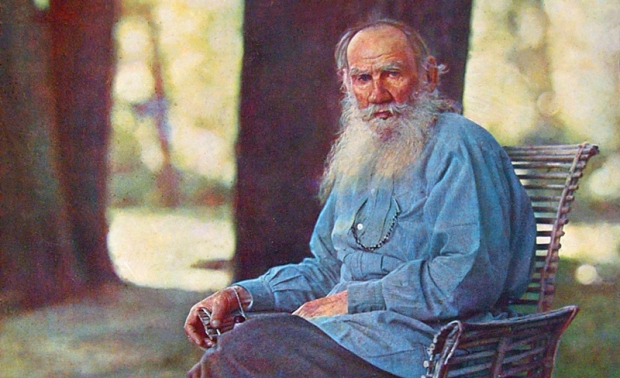In Kate Hamill’s new adaptation of Jane Austen’s beloved Pride and Prejudice, the classic story gets a modern sensibility with a hearty dose of quirk. As a companion to the production, we’ve put together the following additional resources for your pleasure, whether you’re already a die-hard Janeite or have your own prejudices towards the oft-cited story.

Pride and Prejudice, Mary Evans Picture Library
Books
- The Annotated Pride and Prejudice (2012) by Jane Austen and David M. Shapard: With thousands of annotations to accompany the full text (explanations of historical context, citations from Austen’s other writings, etc.) as well as maps and illustrations, this exhaustive edition is indispensable to first time readers of Austen and lifelong devotees alike.
- Jane Austen: A Life (1999) by Claire Tomalin: Many biographies on Austen have reinforced the popular idea of a sheltered and untroubled spinster. Tomalin upsets that narrative by abstaining from embellishment and gossip in favor of piecing together the more serious and tumultuous moments in the author’s life.
- Jane Austen: The Complete Works (2015) by Jane Austen: Sense and Sensibility, Pride and Prejudice, Mansfield Park, Emma, Northanger Abbey, Persuasion, and Love and Friendship. These iconic novels have had generations of readers in a swoon. Even in our modern age, her mastery of the English language leaps off the page.

Still from the 2005 film adaptation of Pride and Prejudice, starring Keira Knightley.
Film & TV
- Pride and Prejudice (1995): Seen by many as the definitive Pride and Prejudice adaptation, the BBC/A&E’s co-production—starring Jennifer Ehle and Colin Firth—was a cultural phenomenon and one of the most popular programs in the history of both networks.
- Pride and Prejudice (2005): In the most recent film adaptation of the book, director Joe Wright encouraged some marked deviation from the original text. It was a commercial success and found a loyal and lasting following through its aesthetic vision and in leading actors Keira Knightley and Matthew Macfadyen.
- Death Comes to Pemberley (2014): This PBS and Masterpiece Mystery! mini-series—adapted from P.D. James’ novel of the same name, which was written as a continuation of Pride and Prejudice—is Austen meets Agatha [Christie]. Taking place six years after the marriage of Mr. Darcy and Elizabeth Bennett, ball preparations at Pemberley are halted abruptly when a corpse is discovered.
- Clueless (1995): Loosely based on Emma and set in Beverly Hills, high school it girl Cherilyn “Cher” Horowitz plays matchmaker to two of her high school’s teachers. When she tries to do the same for a new student, affairs of the heart turns her world upside down.
- Love & Friendship (2016): The recent film adaptation of Austen’s epistolary novel (a novel structured as a series of documents, most commonly letters), Lady Susan, features a cast that includes Kate Beckinsale and Stephen Fry. Though it uses the title of another Austen work, the story follows the escapades of the recently-widowed Lady Susan and her crusade to secure wealthy husbands for herself and her daughter.
- “Furst Impressions”, Wishbone (1995): The Peabody and Emmy Award-winning series broadcast on PBS Kids in the 1990s sparked young imaginations and introduced an entire generation of children to some of the greatest works of literature from around the world, as told by its title character: a daydreaming Jack Russell Terrier.
- The Lizzie Bennet Diaries (2012-2013): A multiplatform adaptation of Pride and Prejudice, The Lizzie Bennet Diaries was the first YouTube series to win a Primetime Emmy Award. Reimagined as a series of vlogs, our “Lizzie” here is a grad student who decides to start documenting the trials and tribulations of her life on video as a part of her thesis.
Documentaries
- The Divine Jane: Reflections on Austen (2010) by Francesco Carrozzini: Originally commissioned for an exhibition at the Morgan Library & Museum, this series of short films features six leading writers, scholars, and actors and engages with each individual on Austen’s lasting legacy.
- Jane Austen: Behind Closed Doors (2017) by Lucy Worsley: English historian, author, curator, and television presenter Lucy Worsley guides audiences through Austen’s life by way of the different houses where she stayed and how each residence left a lasting impression on the celebrated author and the fictional worlds she created.

Illustration by Susie Hogarth
Articles
- “The Word Choices That Explain Why Jane Austen Endures” by Kathleen A. Flynn and Josh Katz: If you love linguistics and visualizing data this article is the cherry on top for any Austen fan—her acute perceptiveness of her fellow human beings has met few equals.
- “Reading Jane Austen’s Final, Unfinished Novel” by Anthony Lane: Jane Austen died four months after writing the last line of her final, unfinished manuscript (now known as “Sanditon”). Reviews were mixed, with many questioning whether Austen was experimenting with new directions in her writing, or whether no consensus could be made with death hovering over the author.
- “How Jane Austen’s Emma changed the face of fiction” by John Mullan: “Revolutionary” and “Jane Austen” rarely share the same sentence, but Mullan makes a compelling case for Emma’s stylistic triumphs.
Performances of the Primary Stages production of Pride and Prejudice start November 7 at the Cherry Lane Theatre. For tickets and additional information, please visit our website.









